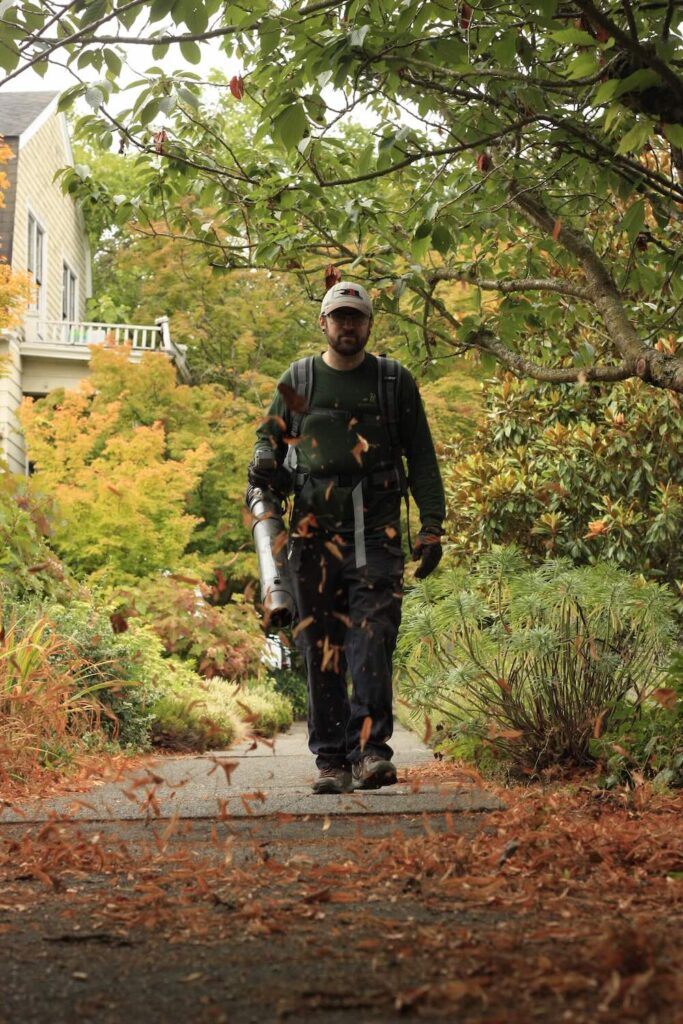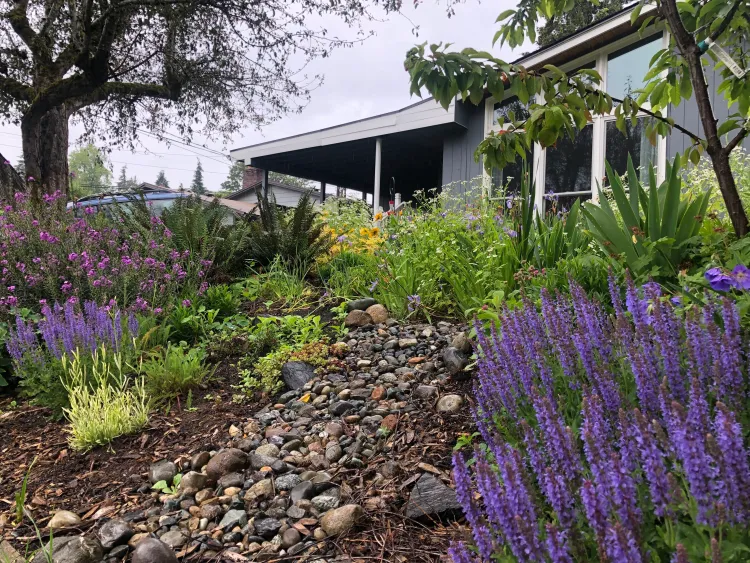
Sustainable pest control focuses on managing garden pests in an environmentally friendly way that minimizes harm to people, plants, and wildlife. Unlike conventional methods that rely heavily on synthetic chemicals, sustainable pest management emphasizes natural solutions, ecosystem balance, and long-term prevention. This approach includes using physical barriers, natural predators, and organic treatments to reduce pest populations without disrupting the natural food web. Regular maintenance, such as monitoring plant health, pruning, and soil care, plays a crucial role in preventing infestations before they become problematic.
The key principles involve working with nature rather than against it. By enhancing biodiversity, maintaining healthy soils, and promoting plant resilience through consistent garden maintenance, we can create landscapes that are less susceptible to pest outbreaks. Sustainable pest control is not about eradicating pests entirely but about keeping populations in balance with the surrounding ecosystem.
Integrated Pest Management (IPM) is a cornerstone of sustainable pest control. It’s a holistic strategy that combines multiple practices to manage pests effectively while minimizing environmental impact. The four-tiered approach of IPM includes:
The benefit of IPM is its adaptability—techniques are tailored to the specific needs of each landscape, fostering long-term garden health without relying on chemical solutions.
Eco-friendly pest control offers numerous advantages beyond pest reduction:
Sustainable pest management also contributes to climate resilience by promoting ecosystems that can adapt to environmental changes, such as shifting pest patterns due to warmer temperatures.
Creating a pest-resistant garden starts with thoughtful landscape design. Choosing native and pest-resistant plant species is key, as these plants have evolved to thrive in Seattle’s unique climate and are naturally more resilient to local pests. Native plants also support local pollinators and beneficial insects, contributing to a healthier ecosystem.
Diversifying plantings reduces the risk of pest outbreaks by disrupting the continuous food supply pests rely on. Incorporating a variety of species, colors, and bloom times helps create a balanced garden where pests are less likely to dominate. Additionally, adding habitat features that attract natural predators, such as birdhouses, insect hotels, and water sources, encourages beneficial wildlife that helps control pest populations naturally.
Healthy soil is the foundation of a pest-resistant garden. The importance of organic matter and compost cannot be overstated; they improve soil structure, enhance nutrient availability, and promote beneficial microbial activity that helps plants resist diseases and pests.
Regular soil testing helps identify nutrient imbalances that could make plants more vulnerable to pests. Addressing deficiencies through organic amendments ensures plants have the nutrients needed for strong, healthy growth. Using cover crops like clover or vetch improves soil health, suppresses weeds, and disrupts pest life cycles, making the garden more resilient overall.
Effective water management plays a crucial role in pest control. Avoiding overwatering reduces the risk of fungal diseases and soil-borne pests that thrive in overly moist environments. Instead, using drip irrigation systems ensures targeted water delivery directly to plant roots, minimizing leaf wetness that can attract pests like aphids and whiteflies.
Proper drainage management is essential to prevent standing water, which can become a breeding ground for mosquitoes and attract pests such as slugs and snails. Implementing rain gardens, swales, or raised beds can help manage excess moisture in Seattle’s wet climate.

At Rutheo Designs, we are dedicated to transforming your outdoor spaces into beautiful, sustainable landscapes that reflect your vision and the unique character of the Seattle area. We offer services in native plant landscaping, water-efficient irrigation, custom landscape design, and hardscaping solutions tailored to your goals and the local environment. Every project is unique, and we take the time to listen to your needs and offer personalized solutions that align with both your aspirations and Seattle’s natural surroundings.
We invite you to reach out to us to start the conversation about your landscaping needs. You can contact us by email at connect@rutheodesigns.com or give us a call at (360) 844-2989. Whether you have specific questions or are ready to schedule a consultation, we’re eager to help you bring your outdoor vision to life with the care and expertise that Rutheo Designs is known for.